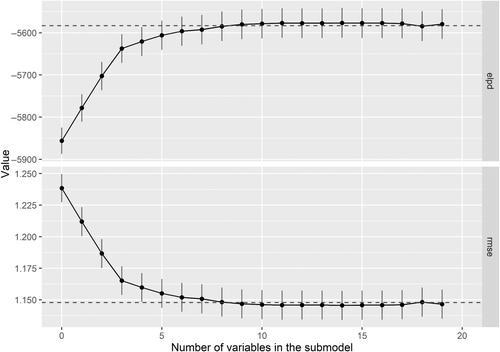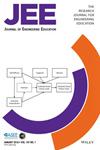Engineering students' interests in nonprofit and public policy careers: Applying a data-driven approach to identifying contributing factors
Abstract
Background
Engineering students have an array of career opportunities they can pursue. Some of these opportunities will place them in different sectors of the economy. Whereas many may want to pursue careers in the private/corporate sector, there are important roles for engineers to play in the nonprofit/NGO sector and the public policy/government sector.
Purpose/Hypothesis
The aim of this research was to use a data-driven approach to understanding factors associated with engineering students' likelihood of pursuing careers in the nonprofit/NGO and public policy/government sectors.
Methods
We analyzed data from a national survey of final-year engineering students. We used a data-driven approach combining an ordinal random forest, projection predictive variable selection, and ordinal logistic regression analysis.
Results
The importance of certain factors in the students' career satisfaction (e.g., helping others, volunteering with a charity group) was the most predictive item for students pursuing careers in the nonprofit/NGO sector. The importance of making money was negatively associated with students pursuing careers in the nonprofit/NGO sector. Conversely, the students' interest in working on certain topics (e.g., terrorism and war, climate change) was the most predictive for those pursuing careers in the public policy/government sector. Certain academic majors were also positively associated with students' likelihood of joining the public policy/government sector. Job security was also an influential factor for pursuing careers in both sectors.
Conclusion
This study highlights important but understudied areas for workforce development in alternative career paths beyond the private sector, which could potentially contribute to broadening participation in engineering.


 求助内容:
求助内容: 应助结果提醒方式:
应助结果提醒方式:


